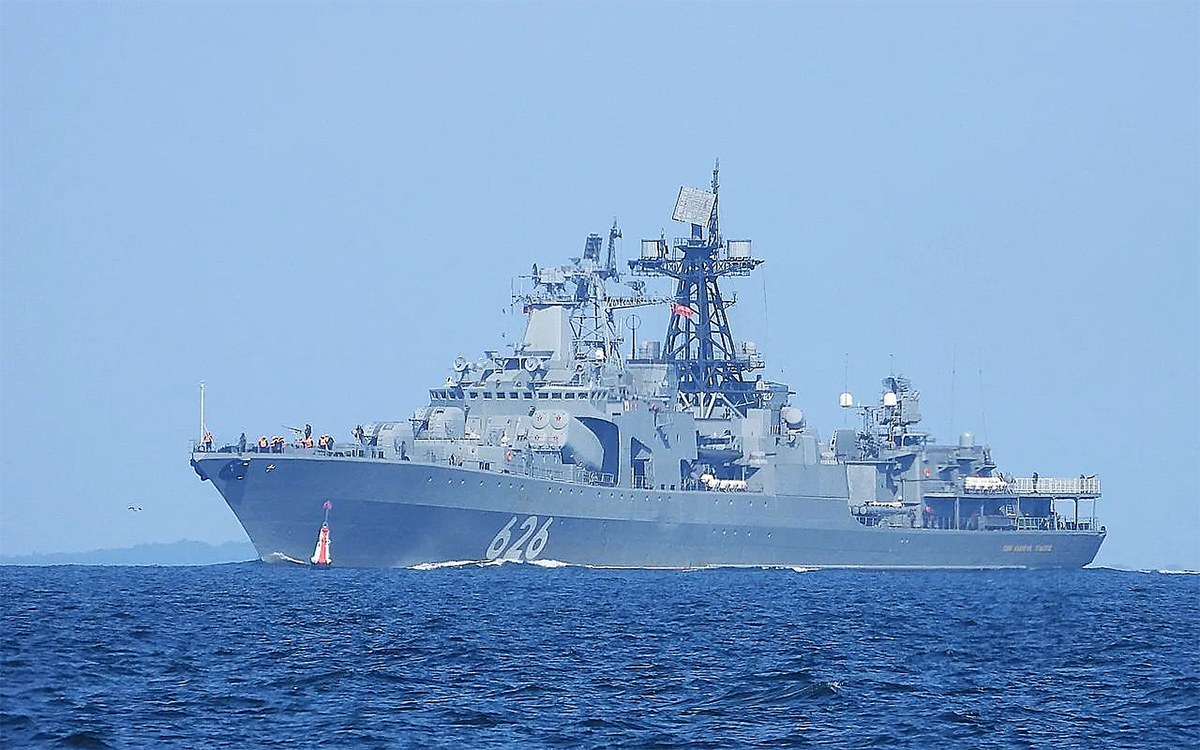Dutch Commander: Ukrainian Attacks and Tartus Loss Cripple Russian Navy

A high-ranking commander of the Dutch Navy stated that the Russian fleet had been severely depleted due to Ukrainian attacks in the Black Sea and the loss of a strategic port in Syria, The Gaze reports, citing Business Insider.
"I think they're stretched," said Arjen Warnaar, commander of Standing NATO Maritime Group 1 — one of the military alliance's immediate reaction forces.
The Russian navy has long been under significant strain due to limitations in shipbuilding, problems with maintenance and modernization, as well as operational overload and difficulties with redeployment.
At the start of the full-scale invasion in 2022, Ukraine had limited capabilities to counter the Russian threat, and even those small forces were quickly destroyed or damaged. To restore the balance of power in the Black Sea, Ukraine launched an asymmetric campaign using domestic naval drones and missiles, resulting in the destruction of dozens of Russian ships.
The relentless strikes by the Ukrainian military stretched the already depleted Russian fleet, where aging ships are in need of repair and the shipbuilding industry is overloaded and unable to quickly replace losses.
Russia's naval setbacks intensified in late 2024 after the overthrow of the Assad regime in Damascus, which threatened Moscow's long-standing presence at the strategic Syrian port of Tartus.
Russia, a former supporter of Assad, lost an important base in the Mediterranean, further stretching its navy. According to senior NATO commander Arjen Warnaar, any further developments, such as attacks on Ukraine, would further strain Russian naval forces, while the alliance has the resources to respond to the additional burden.
"Looking at what they're doing in the Mediterranean, losing a port there means losing logistical support — and that stretches the capabilities they have, which mainly come from this Northern Fleet," the commander said.
A NATO official confirmed Varnaar's assessment, noting that the loss of Tartus is forcing Russia to redirect resources from other regions to support operations in the Mediterranean. According to him, although difficulties in forming forces are not unique to Russia, its efforts to keep up with NATO's large and coordinated naval presence around Europe make the situation particularly challenging.
As The Gaze informed earlier, the growth of Russia’s “shadow fleet” of tankers for transporting sanctioned oil has slowed significantly due to stricter Western restrictions on energy exports, making it more difficult to secure suitable ships.